Recently, in the United States Veterans’ Day, was observed on the 11th of November 2023. For most of my life, I thought I had only one recent ancestor who had served in any modern war, my maternal grandfather having served in the army in the 1960s.
However, a document with what seemed like a random comment would allow me to learn more about my 2nd great-grandfather, José Avilés Magraner, and his involvement (albeit it short it seems) in World War I.
José Avilés Magraner
My 2nd great-grandfather José Avilés Magraner, a man who though I did not have the fortune of meeting, has been quite an influential person in my life. “How can a person you have never met be so influential?” you might ask. Well… it is thanks to the stories based around José Avilés Magraner which brought me to genealogy and to where I am today in the field.
My very first post yearssss ago was about the origin story of Jose Avilés Magraner via my paternal great-grandmother Rosalía Avilés González. I had grown up hearing that José Avilés was Spanish and had fallen in love with a native Taíno woman which produced my great-grandmother. I heard this story as young as about 10 years old, which would later catapult me into research at 14 years old. 19 years of investigations and better written and researched posts later, I have a clearer picture as to who José Avilés Magraner and and his ancestry. It was in learning more about José’s life that I discovered his connection to World War I.
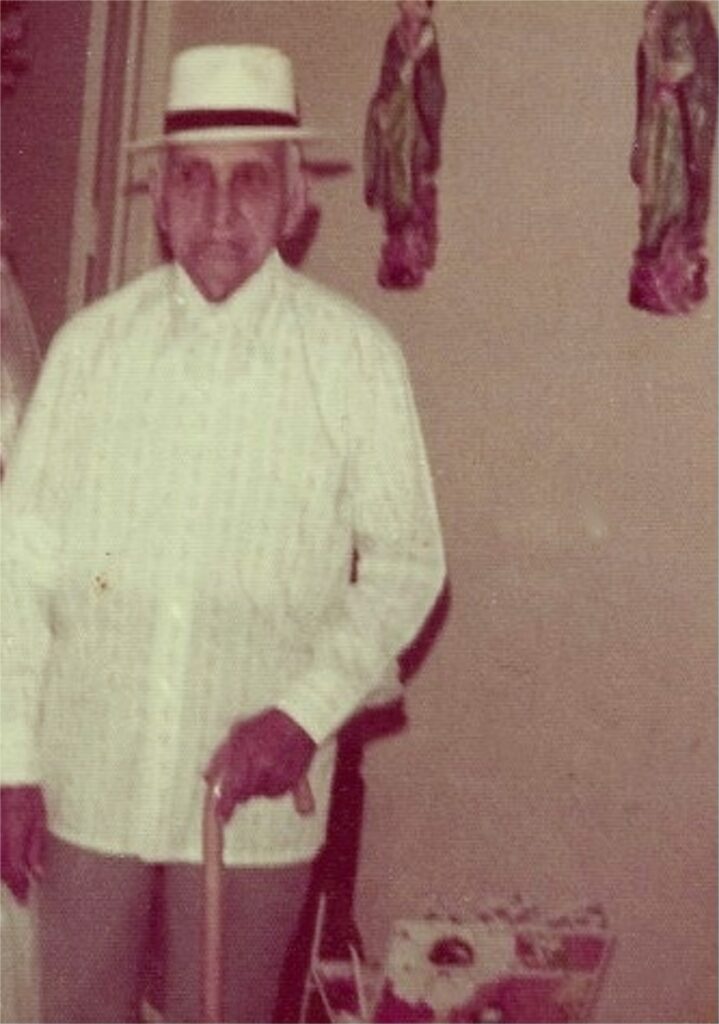
The origins of his father and the elusive Magraner surname have taken me to Lares, Puerto Rico and Mallorca, Spain in order to discover more about José Avilés’ background and connection to the Balearic Islands (specifically Mallorca) via his father. The story originally told to me was that José Avilés himself was from Spain, but my research into José’s life would show that he himself was born in Río Prieto, Lares, Puerto Rico and that it was in fact his father who was of direct Spanish origin.
Though there still much to confirm and loose ends of research to tie up, a 23andMe DNA test for José Avilés Magraner’s son, Heliodoro Avilés López, who has since then passed, shows a close affinity with the the Balearic Islands, Alicante, and Southern Valencia as a “highly likely match” with the Balearic Islands showing up as his #1 region.
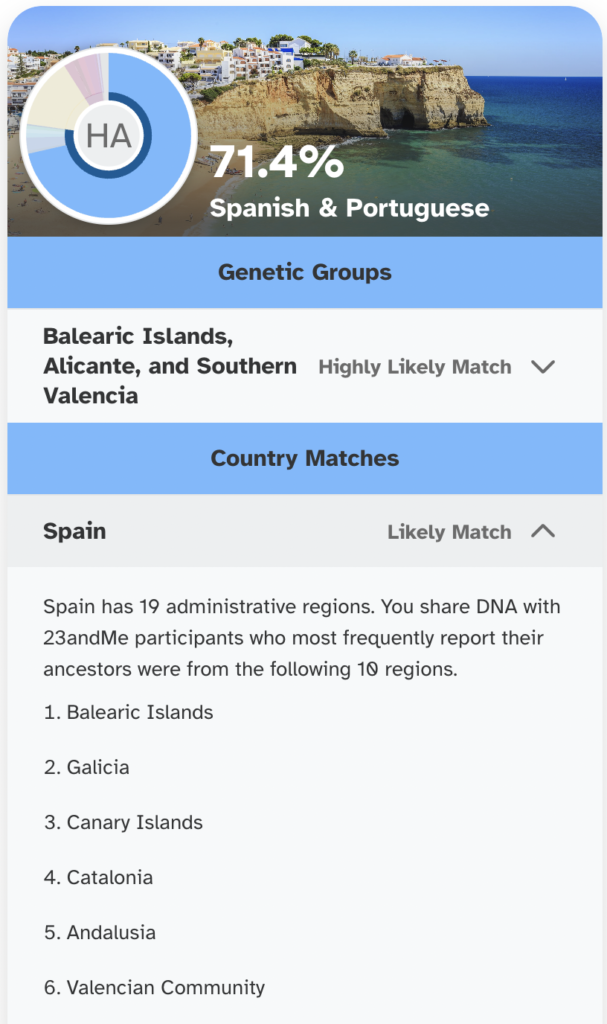
Equally, Helidoro’s Ancestry Timeline shows the possibility of a Spanish & Portuguese ancestor as “[…] most likely had a parent, grandparent, or great-grandparents who was 100% Spanish & Portuguese. This person was likely born between 1840 and 1900” (23andMe).
If my research is correct, Heliodoro’s paternal grandfather would be Damián Magraner Morell, a Mallorcan man born in Sóller in the year 1846 – fitting snuggly into the category of a Spanish & Portuguese ancestor born between 1840-1900 on Heliodoro’s timeline.
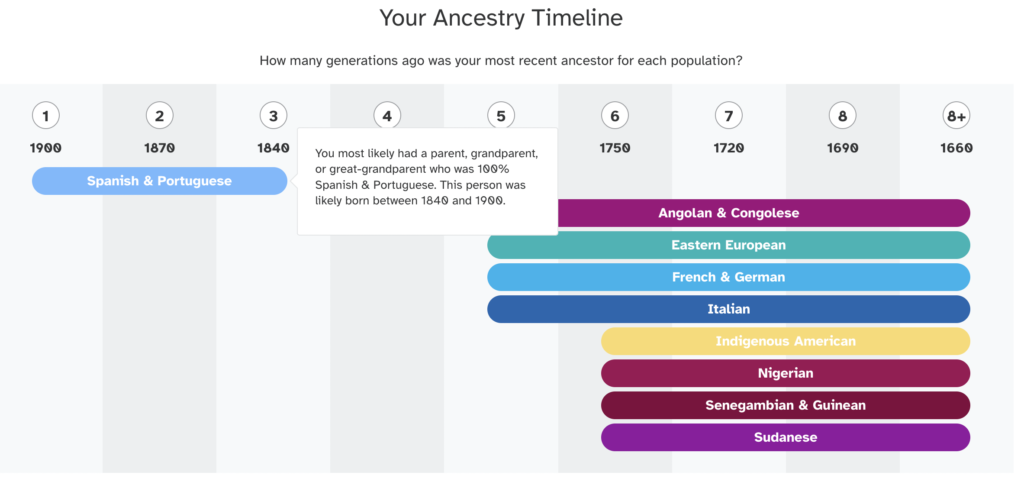
Discovering
military ties
José Avilés’ first wife was Dionisia González (sometimes known as Dionisia Padilla González) who died fairly young due to influenza (read: the Spanish Flu) in the year 1918. What is interesting to note is that her death certificate is probably the only time we see José Avilés listed as “militar”. This is because this would have been the only time that José would have been “actively serving” as a vital record was taking place.
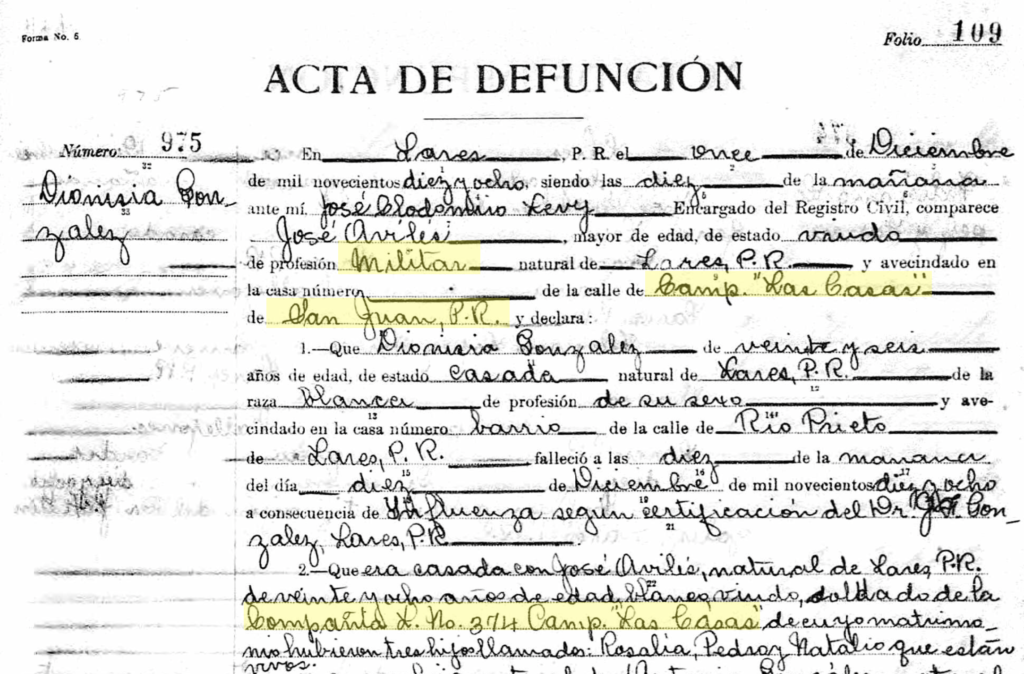
Above, we can see quite a bit of information about José Avilés’ military function: he is listed as a “militar” (soldier), and living in Camp. Las Casas in San Juan, Puerto Rico. He is also listed as being a part of Company L. Nº 374 which would be the unit/regiment he was assigned to during his time in the army. Since José seems to have served for only a short stint, it seems that he would have gone to San Juan, likely got training, but since the end of the war came at the end of 1918, José would had not been shipped out to Europe or overseas to fight had it come to that. Dionisia González died in December 1918 and by then the war would have been over, José’s unit would not be disbanded until the following month and year.
Requesting more information
Since José Avilés was a veteran, I decided to check out what information was available for those who served in World War I. I checked out the NARA (National Archives) website to see what was possible to request for veterans from that time period. Unfortunately, due to a fire in 1973 many of the records from this time period were lost. Though some records did exist, it was likely that I would not get much. Nonetheless, I sent off José Avilés’ information to see what I would get back.
In a letter sent to me they mentioned the fire of 1973 which “destroyed the major portion of records of Army military personnel for the period 1912 through 1959”. However, they were able to attach a “final pay voucher” for my ancestor and they were kind enough to waive the fee for requesting this document.
The document is five pages long and lists out some of the payments received through this regiment’s service. It starts out mentioning that the men of this roll were discharged “this date” (Jan. 4th 1919) which also states is the last date of payment. The next four pages includes various calculations/numbers ranging from December 1st, 1918 to January 4th, 1918 (though I imagine it is meant to say 1919).
To me personally, there is not much interesting information in the document. Besides a lot of numbers, the documents lists a few other men who were in the company with my 2nd great-grandfather.
There is a section however that mentions “date and place of acceptance for enlistment” and apparently it lists “Soldier’s Initials” and “Army serial number”. No initials show up for “JA” (José Avilés) but in the second page I see that names are listed first by their surname and then by their first name. By looking for AJ (Avilés, José) I was able to find “AJ Pvt.” and his enlistment was listed as “July 17/18, Lares, PR”.
José Avilés’ WWI Registration Card is recorded as July 5, 1917. What I do not know is if he would have been drafted or if he decided to sign up and enlist himself. What is most interesting to me is why or how José Avilés ended up serving. On his WWI card he is listed as having a wife (Dionisia González) and two children (aged 3 and 1) which would have been my great-grandmother Rosalía Avilés González and her younger brother Pedro Avilés González.
In section 12 of his WWI Registration card José lists maintaining his wife and two children as a reason against mandatory service (which seemed to have worked for all my other married male ancestors with families). This leads me to believe that José himself likely signed up for the war two short weeks after filling out his registration card.
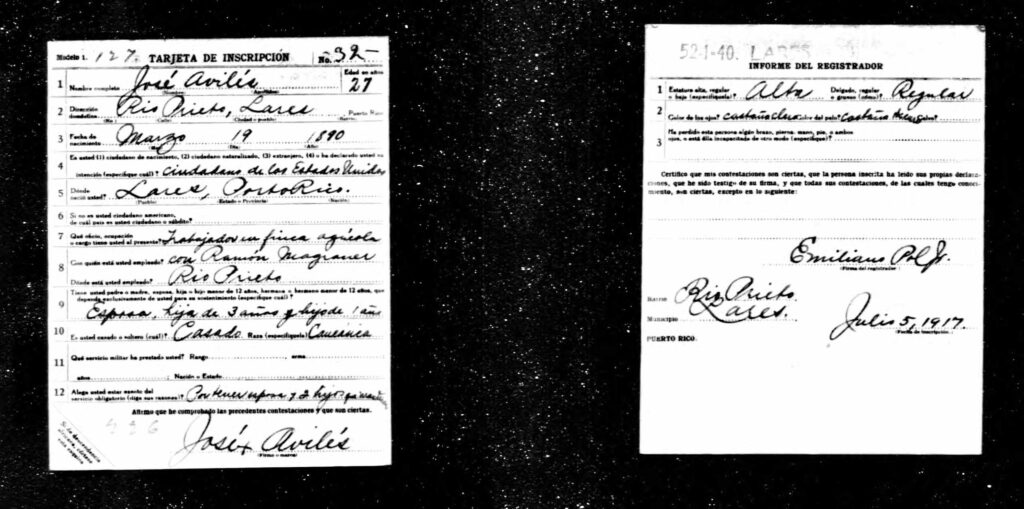
Final Thoughts
Though José Avilés ultimately did not serve in the front lines of the war, the fact that he courageously signed up, likely went through training in Camp Las Casas, left his family behind in the mountains of Lares, Puerto Rico to potentially serve is enough to observe him with others this past veterans’ day.
Had the war continued, José himself would have likely been sent to fight with others. Though my great-grandmother had already been born (and thus would have not “interrupted my genealogical line”), if José had served and died he would have not had his other children (17 others in total!). José’s life definitely would have been altered if he would have had to leave the island to serve.
José continues to be a man of various mysteries – what is interesting is that my father met him when he was younger and my great-aunt still remembers him. So though José Avilés Magraner was born in 1891, he is still an active part of my family’s collective memory.
Here’s to honoring our ancestors and keeping their memory alive!

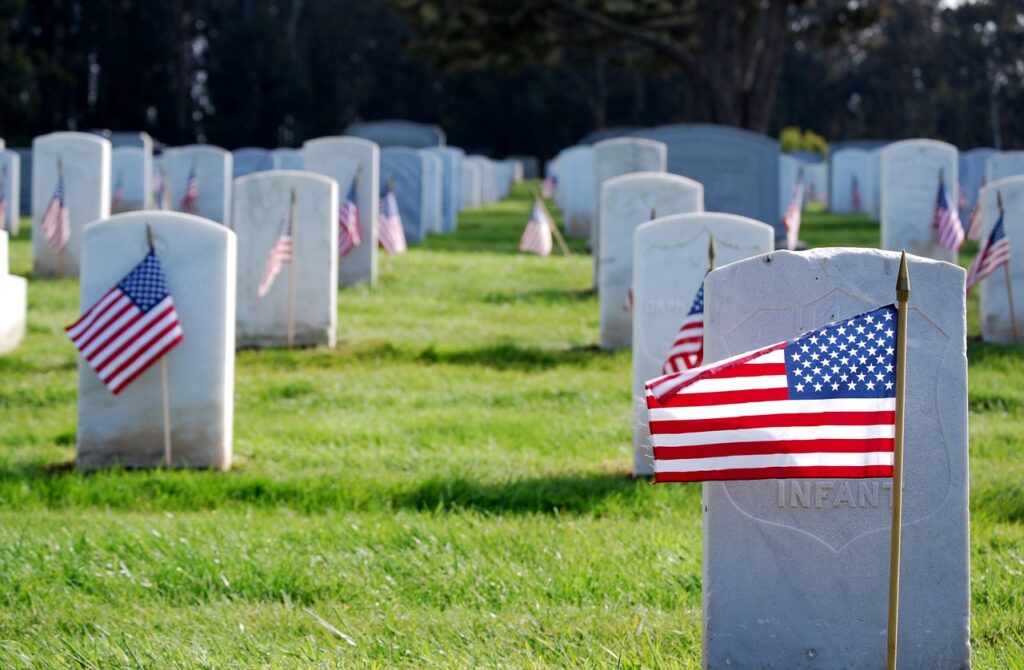
My grandfather Jose M Lago was a Private in the Infantry US Army. He is listed as a passenger on a Troop ship, the USS St Mihiel on November 1st 1923 traveling from Brooklyn, New York to Porto Rico. My uncle saw his photo in uniform at their home in Manhattan. Otherwise no other documents have surfaced.